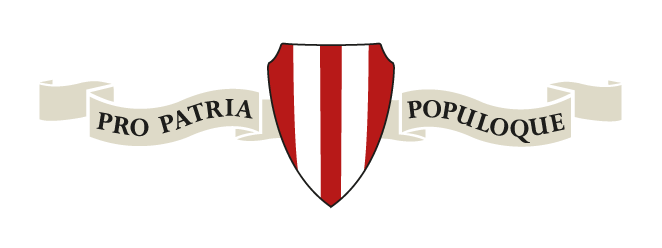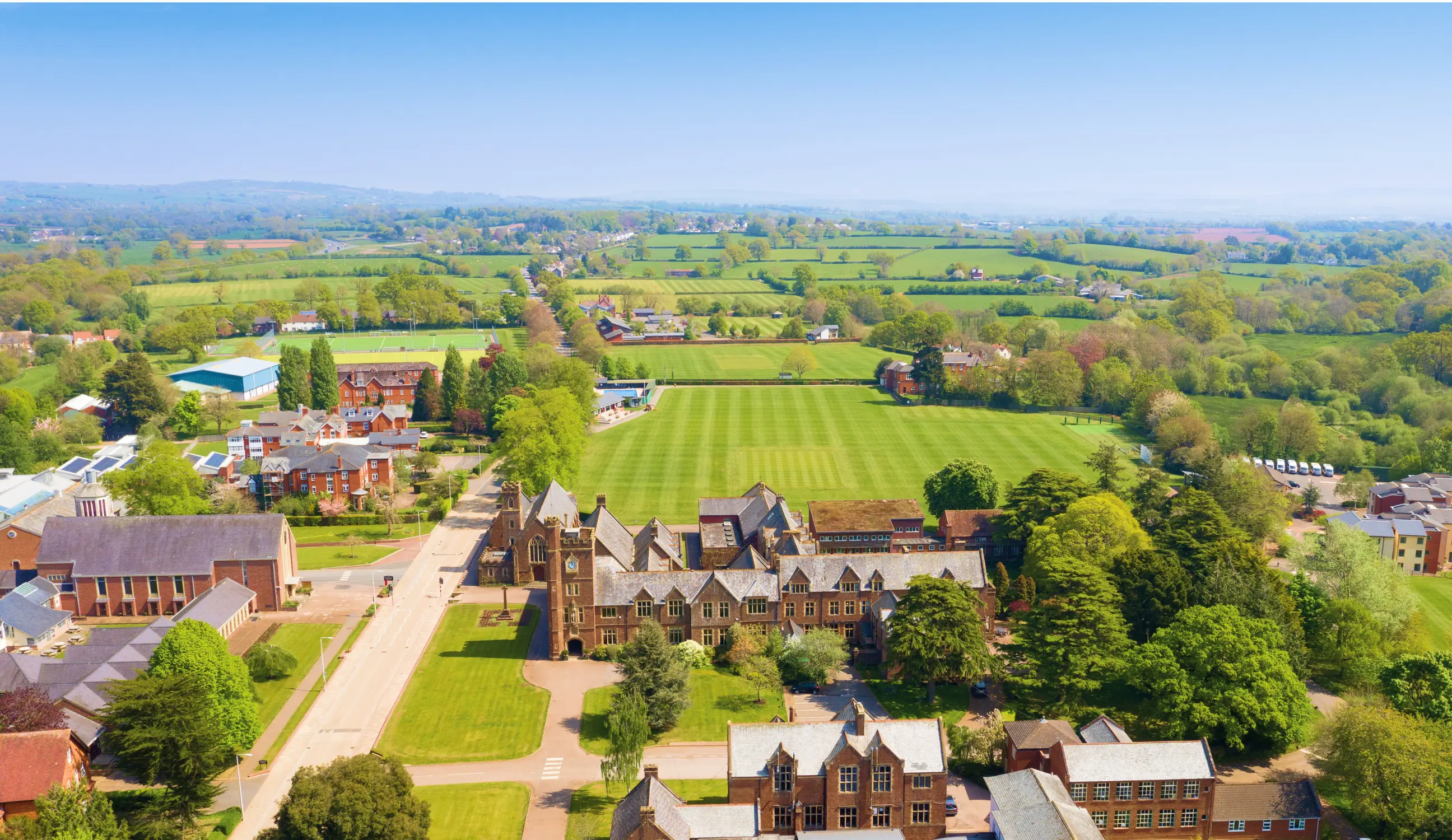What Did Blundell’s Ever Do For The British & Irish Lions?
When you sit down and watch the British & Irish Lions take on the Wallabies this summer don’t forget that Blundell’s has provided four players to the touring team down the years.
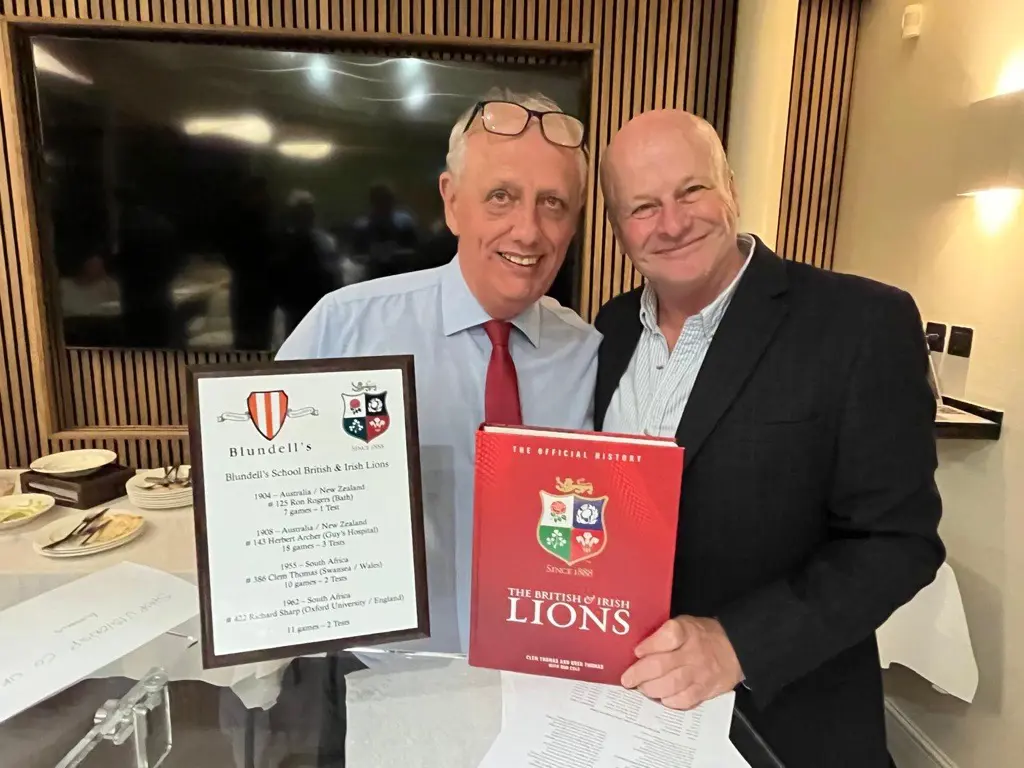 Ron Rogers went on the 1904 tour to Australia and New Zealand, Herbert Archer featured in the 1908 squad in the same two countries, while Clem Thomas played in South Africa in 1955 and Richard Sharp did the same in 1962.
Ron Rogers went on the 1904 tour to Australia and New Zealand, Herbert Archer featured in the 1908 squad in the same two countries, while Clem Thomas played in South Africa in 1955 and Richard Sharp did the same in 1962.
And another player who learned his rugby on Big Field, David Shepherd, featured for the Australians in the two Tests against the Lions in 1966 as well as playing for New South Wales in a drawn game. The Lions won both Tests.
There would have been a fifth Lion had Tom Kelly not been forced to pull out of the 1908 touring party for business reasons after being selected to tour. He went on to captain England instead.
Rogers, who died of wounds in WW1 in Gallipoli at the age of 31, was playing for Bath and Somerset at the time of his selection. He appeared in the first Test played by the Lions against the All Blacks in 1904, a game won by the home side 9-3.
Both Rogers and Archer, who was captain of the 1st XV in 1901 and 1902, were contemporaries at Blundell’s, although it was Rogers who got the first call at the age of 20 to tour with the Lions.
In a letter from Australia to the Western-super-Mare Gazette he outlined what life was like on tour down under:
Since I last wrote to you we have had several more wins. We have so far played nine matches —won nine, scored 187 points, against 34. We came up here on the 7th of July, and got a reception the next day by the Mayor in full state. On the way up here we played a town called Newcastle, a combined team of the Northern districts. The town is an awful place—all coal. We beat them by 17 points to 3 after a very rough game, one of the roughest games I've played in. Jowett, of Swansea, got concussion of the brain from a kick, and had to be carried off ten minutes from the start, so we played with fourteen men, and at half-time Dobson, of Devonshire, was ordered off for using foul language. As a matter of fact, he never said a word, and is one of quietest members of the team, especially when playing football. We were simply furious about it, as it spoils the whole tour. The referee admitted having his back to the man at the time, so after that we played 13 men to the finish. Since then we have had a chapter of accidents.
The following Saturday we played Queensland, and beat them by 24 points to 3, before 15,000 people, where Llewellyn, of Newport, hurt his leg. The Wednesday after that we played United Brisbane, and beat them by 17 points 3, when Bedell-Sivright strained his leg badly. The Queenslanders play a much rougher game than New South Wales. Yesterday (Saturday, 16 July) we played Queensland return, and beat them by 18 points to 7, when Hulme, of Cheshire, got a kick in the first five minutes, and had to leave the field, and directly after half-time Vile received a bad kick on the head, and had to be carried off the field. So we had to play 13 men, with a forward full back, threequarter half, and another forward threequarter, so I think we did very well. On Tuesday we leave for Toowoomba, play there on Wednesday, come back on Thursday, play the second test match on the Saturday, leave for Armidale on Monday 25th, play Armidale on the Wednesday, and the third test match in Sydney on the Saturday, and leave for New Zealand the same night.
The Queenslanders play a wing forward here, whose chief duty it is stop the halves, and at Newcastle they played three three-quarters, seven forwards, and two five eights. The weather is hotter here than it is at home in the middle of summer, and the ground is like iron. We’ve only had one shower of rain since we reached Sydney; all the other time has been scorching sun. I think we ought to do fairly well against New Zealand, but they are betting 3 to 1 against us. We are having a tremendously good time out here, picnics, dances, dinners, theatres, all day and night. We are most probably coming home across the States and Canada, and play matches in Canada, which ought to be rather interesting. Wherever we go we are treated like princes.
When we go to the theatre, special red, while, and blue programmes are given us; at the dances the tables are decorated with ribbons. They’ve brought out special red, white and blue ties, football collars, hatbands, and the very football we use is shown in a shop front, whilst our photos are placed in every window in Australia. We get shoals of postcards with messages asking us to sign them and send them back. All our doings are recorded in local newspapers, where everything goes, what we wear, what we had for dinner etc. At every station on the way up we were cheered by crowds on the platform, and where we stopped speeches were made. Even in the middle of the night, Sivright had to get up and make a speech in his pyjamas to a deputation waiting to welcome him.
Rogers actually played in the game in which the first British Lion tourist was dismissed. The tour captain, David Bedell-Sivright, who wasn’t playing at the time, called his team off the field for 20 minutes in protest at the action of the referee. It wasn’t until 1968 in South Africa, when the Wales prop John O’Shea was dismissed, that the Lion suffered another dismissal.
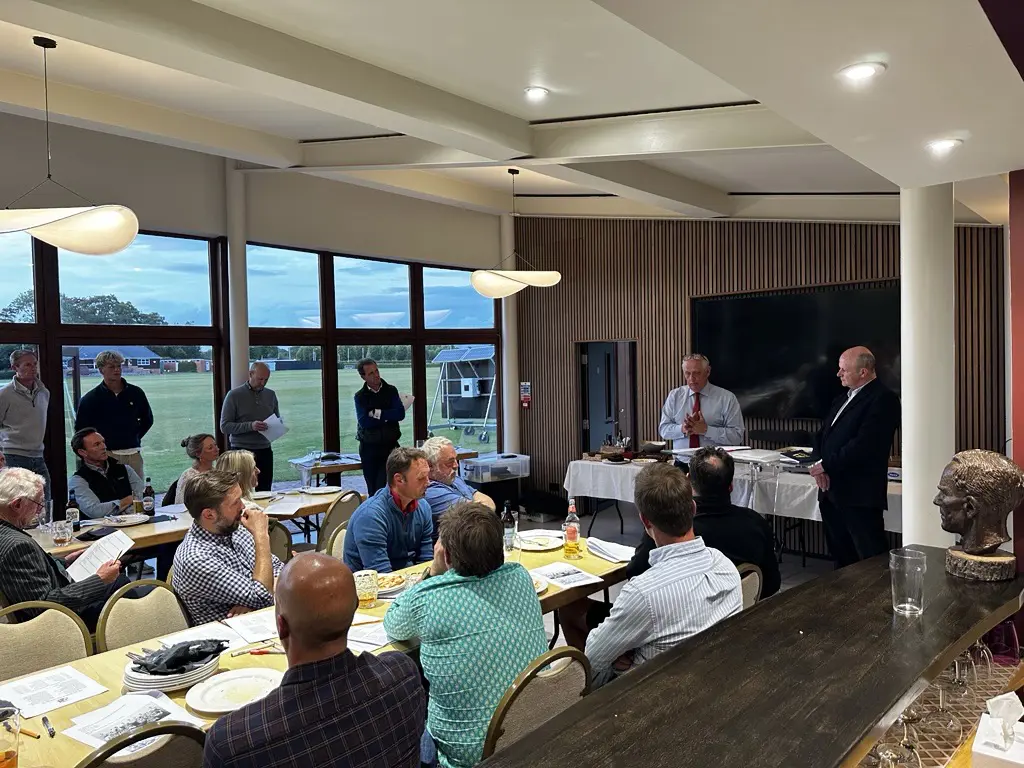 Archer was picked for the 1908 tour while playing in the highly successful Guy’s Hospital team while studying to become a doctor. He started all three Tests in New Zealand, helping the Lions to draw the second Test 3-3 in Wellington. He went on to win three caps for England in 1909.
Archer was picked for the 1908 tour while playing in the highly successful Guy’s Hospital team while studying to become a doctor. He started all three Tests in New Zealand, helping the Lions to draw the second Test 3-3 in Wellington. He went on to win three caps for England in 1909.
Thomas, captain of the school side in 1946, played in the final two Tests on the 1955 Lions tour to help them to draw the series against the Springboks 2-2. His tour was disrupted by having to have his appendix taken out.
He spent three weeks recuperating before recovering quickly enough to start in the triumphant third Test team in Pretoria, when the Lions won 9-6 to go 2-1 up in the series. He started again in the fourth Test, but couldn’t stop the Springboks from winning to level the series.
Thomas was in the Wales team that beat the All Blacks in 1953, beat the Springboks with the Lions and then captained Wales to a 9-3 win over the Wallabies in 1958 to complete the hat-trick of triumphs over the major southern hemisphere nations.
The last Old Blundellian to don the famous red jersey of the Lions was the England outside half Richard Sharp. He suffered a hairline fracture of his cheekbone in an incident in a non-Test match and missed the chance to play in the first two games against the Springboks. But he did recover in time to partner Dickie Jeeps at half-back in the third and fourth Tests.
Finally, the captain of the 1st XV in 1970 and 1971, Charlie Kent, played against the Lions in the 1977 Silver Jubilee match at Twickenham.
Blundell’s School British & Irish Lions
| 1904 – Australia / New Zealand |
|---|
| # 125 Ron Rogers (Bath) 7 games – 1 Test |
| 1908 – Australia / New Zealand |
|---|
| # 143 Herbert Archer (Guy’s Hospital) 18 games – 3 Tests |
| 1955 – South Africa |
|---|
| # 386 Clem Thomas (Swansea / Wales) 10 games – 2 Tests |
| 1962 – South Africa |
|---|
| # 422 Richard Sharp (Oxford University / England) 11 games – 2 Tests |
